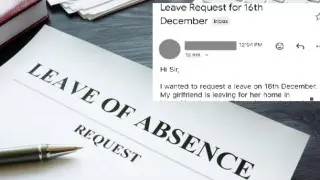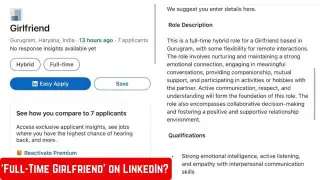
X
OpenAI, the company behind the popular chatbot ChatGPT, is firing back in a copyright lawsuit filed against them by the New York Times. In a court filing on Monday, OpenAI claims the Times engaged in 'deceptive tactics' by manipulating their AI systems to generate misleading evidence.
The New York Times filed the lawsuit in December, accusing OpenAI and Microsoft, a major investor in the company, of using millions of their articles without permission to train their AI chatbots. The Times argued that this constituted copyright infringement and threatened their business model.
However, OpenAI maintains alleged that the Times 'hacked' their systems. They claim the Times achieved the near-verbatim article excerpts they presented as evidence by using 'deceptive prompts that blatantly violate OpenAI's terms of use.'
The filing further accuses the Times of failing to uphold their own journalistic standards, stating, 'The allegations in the Times's complaint do not meet its famously rigorous journalistic standards. The truth, which will come out in the course of this case, is that the Times paid someone to hack OpenAI's products.'
Representatives from both the New York Times and OpenAI have declined to comment on the filing.
This lawsuit is part of a larger trend of copyright disputes arising from the use of copyrighted material in training AI systems. Several other copyright holders, including authors, artists, and music publishers, have filed similar lawsuits against tech companies.
Tech companies, including OpenAI, argue that their use of copyrighted material falls under fair use and is crucial for the development of AI, a potentially multi-trillion-dollar industry. They claim that the lawsuits threaten innovation and hinder the advancement of this technology.













Copyright © 2025 Top Indian News
